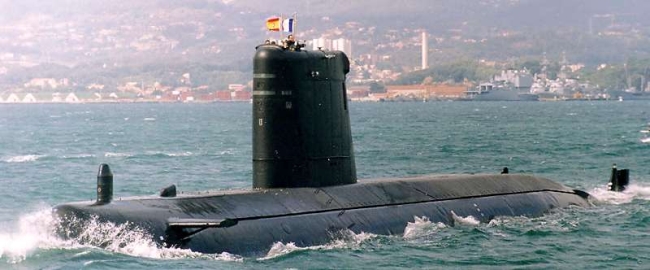ISLAMABAD, Pakistan, April 20, 2011 — Leaders in both Pakistan and the United States recognize the importance of a strategic partnership with each other and will work through problems to ensure it remains strong, the chairman of the Joint Chiefs of Staff said here today.
Navy Adm. Mike Mullen acknowledged relations between the two countries hit a rough patch after CIA contractor Raymond Davis shot two men in Lahore.
Davis was in Pakistani custody for seven weeks, and his release in March — after the victim’s relatives received compensation — caused rioting.
“When we go through a crisis like this, the focus is to assess where we are, [determine whether there are] causal factors with respect to that, and assess that and move forward,” Mullen told Pakistani reporters at the U.S. embassy.
Relations between the two militaries remain good, the chairman said.
“We are experiencing better coordination in the [Afghanistan-Pakistan] border area than we’ve ever had,” he said. “I have more relationships up and down the chain of command … in ways a couple of years ago just didn’t exist — all of which I’m encouraged by.”
The growth of relations is not limited to the Pakistani army. The Pakistani air force and navy are partnering with the U.S. Air Force and Navy, the chairman said.
“Overall, I’m optimistic, but fully aware and fully cognizant of the very difficult time we’ve recently been through,” he said.
Mullen said he is concerned about the growth and threat of terrorism in Pakistan, noting that the Lashkar-e-Taiba, or LeT, which launched the attack in Mumbai in 2008, is not just an eastern Pakistan threat focused on India.
“I see them with global aspirations,” he told the Pakistani reporters. Several terrorist organizations — including the Haqqani network, al-Qaida, LeT and the Jamaat-ud-Dawah — are working together, the chairman added.
“There’s a syndication that’s occurring in the region over the course of the last three years that is more and more worrisome,” he said. And the Tehrik-i-Taliban, which Pakistani government officials see as the main threat to the country, “has espoused aspirations outside the region,” Mullen added.
The syndication means that terrorist leaders merge their capabilities and assist each other in attacks, the chairman explained.
“That’s what leads me to believe that the border area between Afghanistan and Pakistan is the epicenter of terrorism in the world,” he said. “And it breeds more and more of capability over time.”
All countries in the region need to be involved, Mullen said, and that includes India.
“It’s going to get worse over time, and they will kill more and more innocent people over time,” he said. “Responsible civilian leadership in all these countries has to continue to address these issues.”
Source:
U.S. Department of Defense
Office of the Assistant Secretary of Defense (Public Affairs)

 von
von 